20+ Years Experience
Specialist Addiction Rehab

Alcohol rehab, short for rehabilitation, is a structured programme designed to help those struggling with alcohol addiction to overcome their dependence and achieve sobriety. It is a critical step in the recovery process and is often necessary for individuals to break the cycle of addiction and maintain long-term sobriety.
Alcohol addiction can have severe consequences on an individual’s physical, mental, and emotional well-being. Therefore, alcoholics must seek professional help to address their addiction through rehab.
The length of time an alcoholic should stay in rehab varies depending on various factors. In general, the longer an individual stays in rehab, the better their chances of achieving and maintaining sobriety.
After completing rehab, it is essential to continue receiving support and follow relapse prevention strategies to maintain sobriety. This can include participating in support groups, therapy, and creating a sober support network. Creating a new, sober lifestyle also plays a crucial role in maintaining long-term sobriety.
Alcohol rehab, also known as rehabilitation, refers to the process of medical and psychotherapeutic treatment for alcohol addiction.
It involves detoxification, therapy, and counselling to address the physical and psychological aspects of alcohol dependence. The duration of alcohol rehab varies depending on individual needs, with programmes lasting from 30 days to a year or more.
The treatment aims to help individuals achieve sobriety and develop coping strategies for a healthy, alcohol-free life.
For individuals struggling with alcohol addiction, seeking help through a rehabilitation program can be a crucial step towards recovery.
But why exactly do alcoholics need rehab? In this section, we will discuss the various reasons why rehabilitation is necessary for those battling alcoholism.
From breaking the cycle of addiction to addressing underlying issues, we will explore the key benefits that rehab can provide for individuals on their journey to sobriety.
Recognise you have an Alcohol Problem: Acknowledge the addiction and its impact.
Seek Professional Help: Consult with addiction specialists or rehab centres.
Develop a Treatment Plan: Create a personalised plan to address the addiction.
Implement Strategies: Use therapy, support groups, and medication to combat addiction.
Maintain Sobriety: Embrace a new lifestyle, free from alcohol dependency.
Assessment: Upon entering rehab, individuals receive a thorough medical and psychological assessment to determine their specific needs.
Detoxification: Medical professionals supervise the detox process to ensure safety and minimise withdrawal symptoms.
Medication Management: Patients may receive medication to manage cravings and mental health symptoms under medical supervision.
Therapeutic Support: Rehab facilities offer counselling, therapy, and support groups to address the psychological aspects of addiction.
Identify triggers and stressors that contribute to alcohol use.
Develop healthy coping mechanisms to manage triggers and stressors.
Learn problem-solving skills to address challenges without turning to alcohol.
Practice relaxation techniques and mindfulness to manage cravings and emotions.
Identify underlying traumas or experiences contributing to alcohol use.
Therapy sessions to address root causes and develop healthy coping mechanisms.
Evaluate co-occurring mental health conditions and provide appropriate treatment.
Involve family therapy to address relational dynamics impacting alcohol misuse.
When seeking treatment for alcohol addiction, one of the common questions is how long should an alcoholic stay in rehab?
The length of time spent in rehab can vary depending on individual needs and treatment plans. In this section, we will discuss the different options available, including 30-day, 60-day, and 90-day programs, as well as extended programs for those who may benefit from a longer stay.
By understanding these options, individuals can make an informed decision on the duration of their rehab stay.
Assessment: The 30-day programme typically begins with a comprehensive assessment of the individual’s addiction history, mental health, and physical health.
Detoxification: This phase involves the process of clearing the body of alcohol and managing withdrawal symptoms under medical supervision.
Therapy: Individuals participate in individual and group therapy sessions to address the psychological aspects of addiction and learn coping strategies.
Education: Patients receive education about addiction, relapse prevention, and life skills necessary for maintaining sobriety.
Aftercare Planning: The programme concludes with the development of an aftercare plan to support the individual’s continued recovery beyond the 30-day period.
Intensive Therapy: Engage in daily counselling sessions and group therapy to address underlying issues and develop coping mechanisms.
Medical Supervision: Receive ongoing medical care and monitoring to manage withdrawal symptoms and ensure physical well-being.
Social Support: Establish a strong network of peers and professionals to provide encouragement and accountability throughout the recovery process.
Life Skills Training: Acquire essential skills and strategies to navigate challenges and maintain sobriety in various real-world situations.
Structured Treatment: A 90-day programme provides a longer duration for comprehensive treatment and behavioural change.
Detoxification: Allows for thorough detox and stabilisation, reducing the risk of relapse.
Skill Development: Offers more time to cultivate coping strategies and life skills for sustained recovery.
Therapeutic Progress: Enables deeper exploration of underlying issues and more profound emotional healing.
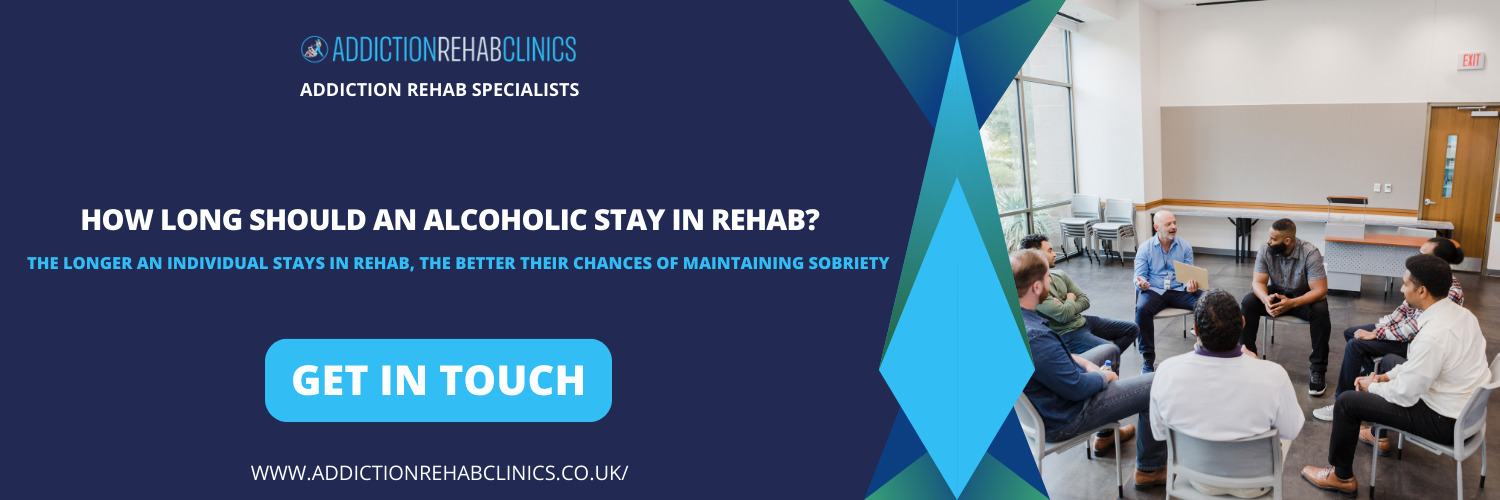
When it comes to rehab for alcohol addiction, there is no one-size-fits-all approach. The length of time a person spends in rehab can vary greatly depending on various factors. In this section, we will discuss the main factors that can impact the length of rehab for an alcoholic.
These include the severity of the addiction, any co-occurring mental health issues, the support system available, and the individual’s personal progress and readiness for recovery.
By understanding these factors, individuals can better understand their own journey to recovery and make informed decisions about their treatment.
Evaluation: Assess the depth of alcohol dependence through standardized questionnaires and interviews.
Determine Co-occurring Conditions: Identify any mental health issues or dual diagnoses affecting addiction severity.
Medical Examination: Conduct physical assessments to gauge the physiological impact of alcohol abuse on the body.
Consultation: Seek input from healthcare professionals to establish the most suitable treatment plan based on the severity of addiction.
Evaluate mental health: Assess the presence of co-occurring mental health issues.
Integrated treatment: Implement a comprehensive approach addressing both addiction and mental health concerns.
Specialised therapy: Provide therapy tailored to address the specific mental health issues alongside addiction treatment.
Rehabilitation facilities assess the alcoholic’s existing support network. Encouragement is provided to involve family, friends, or support groups in the recovery process. Support system involvement aids in creating a stable and nurturing environment post-rehab.
Participation in ongoing support groups or therapy sessions ensures long-term sobriety.
Assessment: Evaluate personal growth and readiness for reintegration into daily life.
Therapy: Engage in individual and group therapy to address emotional and psychological aspects.
Skill Development: Acquire coping skills to navigate triggers and stressors without relapsing.
Support Network: Build a strong support system with family, friends, and sober peers.
While rehab is a crucial step in the recovery journey of an alcoholic, it is only the beginning. What happens after rehab plays a vital role in maintaining sobriety and preventing relapse. In this section, we will discuss the importance of continuing care and support for recovering alcoholics.
We will also explore effective relapse prevention strategies and how to create a healthy and sober lifestyle post-rehab. These are essential aspects to consider for a successful and long-lasting recovery.
Continuing care and support involve ongoing therapy sessions to maintain progress. Engage in support groups or community-based programs for encouragement.
Regular medical check-ups monitor physical and mental health. Develop a relapse prevention plan with the help of a counsellor or sponsor.
Identify triggers: Alcoholics should work with therapists to recognise and understand their triggers, such as stress, social situations, or emotional distress.
Develop coping strategies: Therapists can assist in creating personalised coping mechanisms to manage triggers and stress without turning to alcohol.
Establish support networks: Building a strong support system with friends, family, or support groups can help alcoholics navigate challenging times.
Maintain a healthy routine: Engaging in regular exercise, balanced nutrition, and adequate sleep can contribute to overall well-being and reduce the risk of relapse.
Establishing Support Systems: Surround yourself with individuals who understand and encourage your commitment to sobriety.
Engaging in Sober Activities: Participate in hobbies and activities that do not involve alcohol consumption, fostering a healthy, alcohol-free lifestyle.
Seeking Professional Help: Consider therapy or counselling to address any underlying issues and develop coping mechanisms for challenges.
Maintaining a Healthy Routine: Prioritise physical activity, nutritious eating, and ample rest to promote overall well-being and stability.
The average length of time for alcohol rehab is 28 days.
The length of time a person should stay in rehab depends on their personal circumstances and the type of addiction they have.
It is best to discuss this with a medical provider, such as a GP or a consultant psychiatrist, who can assess their needs and recommend the appropriate treatment length.
Some professionals believe that a 28-day rehab program is sufficient to motivate individuals to continue their journey towards recovery.
However, it is important to discuss all treatment options with a medical provider and choose the best one for the individual’s needs.
90-day rehab programs have been found to have the most successful abstinence rates.
They also provide individuals with a longer period of time to learn the tools and coping mechanisms necessary for long-term sobriety.
There is a difference between inpatient and outpatient rehab programs.
Inpatient programs, such as hospital residential or long-term residential treatment, require individuals to stay at a residential rehabilitation service for a period of time.
Outpatient programs, on the other hand, allow individuals to live at home and attend treatment sessions at a treatment centre.
Rehab programs do address co-occurring conditions, also known as dual diagnosis.
This is when a person has both a substance abuse disorder and a mental health condition.
Treatment programs tailor their approach to address both conditions for a successful recovery.
There are a range of other services that we can provide. Have a look at the list below for more information:
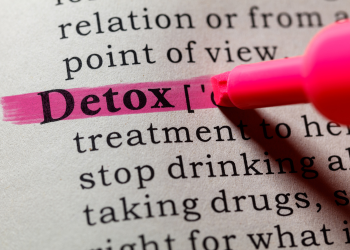













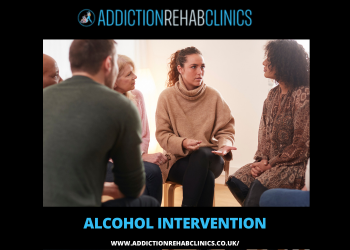



















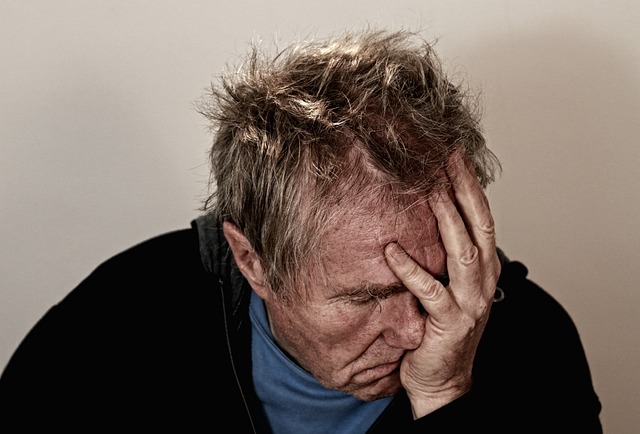

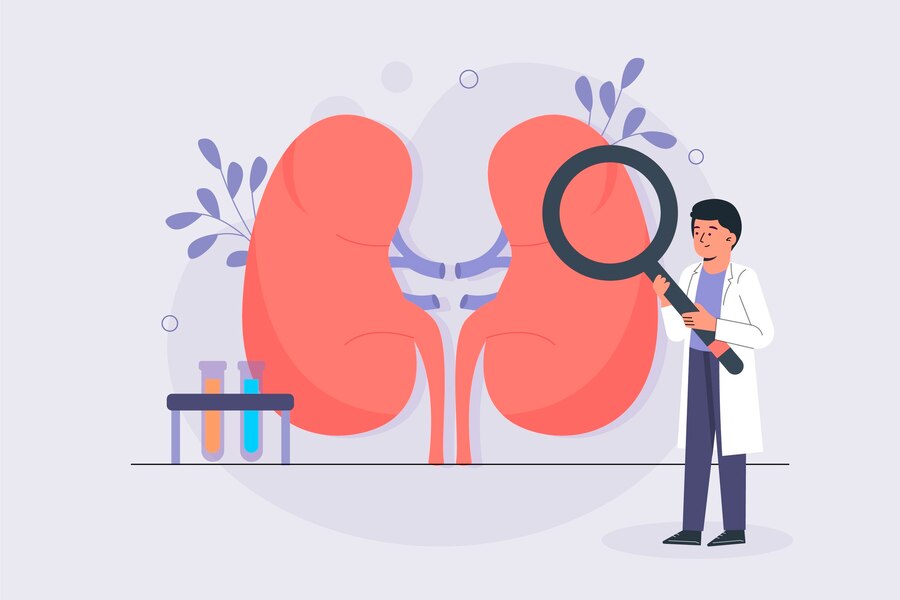



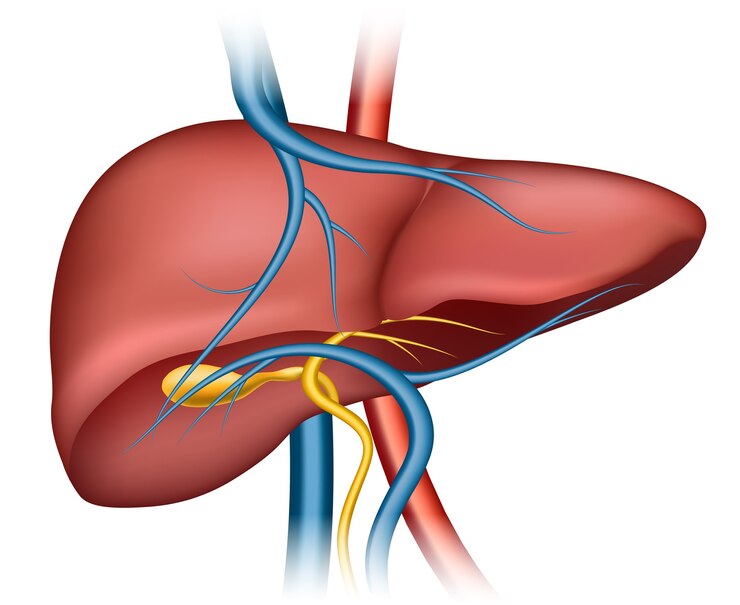







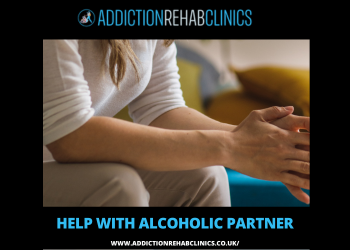




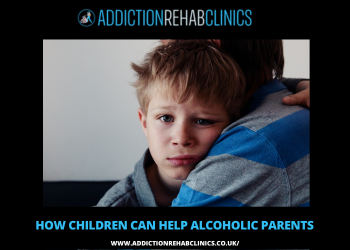













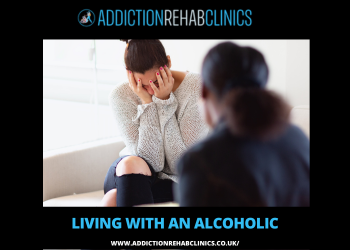
















We Aim To Reply To All Enquiries With-in 24-Hours